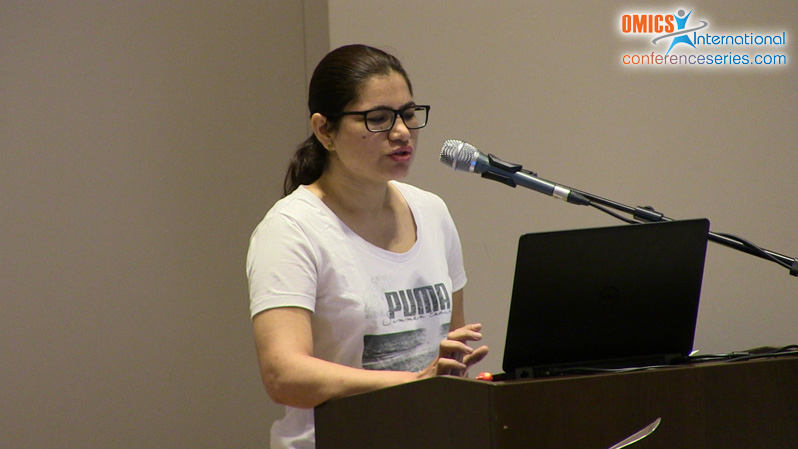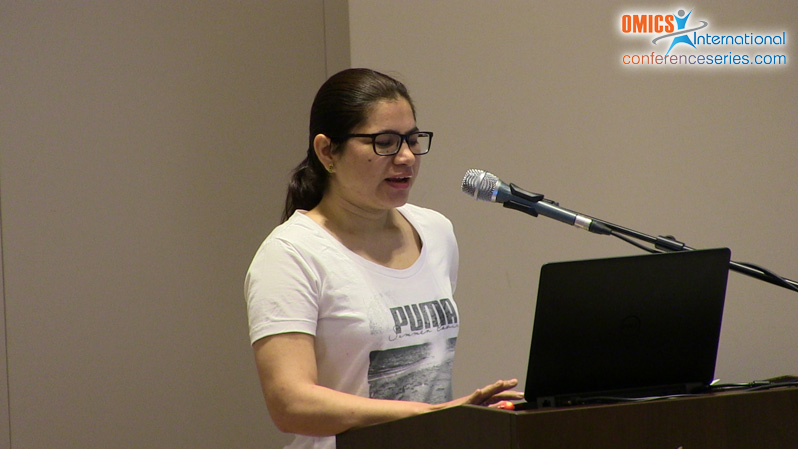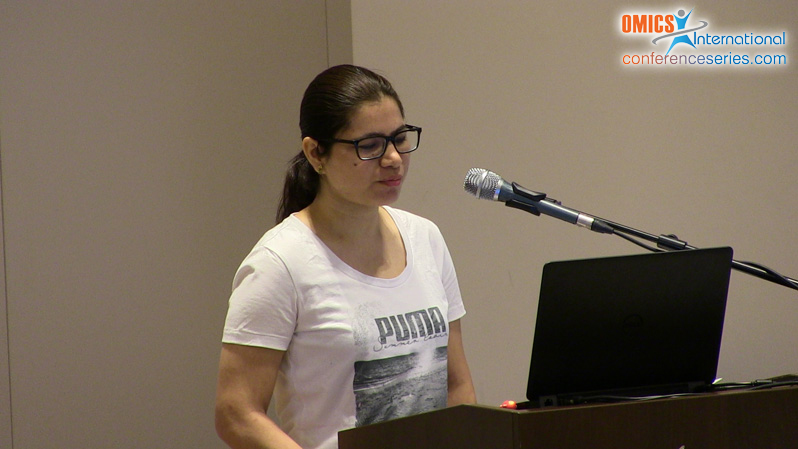
Anjali Jaiwal
University of Delhi, India
Title: Silencing of hormonal biosynthesis genes by double stranded RNA (dsRNA) impairs larval growth and development of cotton bollworm (Helicoverpa armigera)
Biography
Biography: Anjali Jaiwal
Abstract
Helicoverpa armigera is a polyphagous insect pest responsible for major losses in cotton and other agronomically important crops. RNA interference (RNAi) has emerged as a potential alternative to raise insect-resistant plants by in planta expression of dsRNA specific to a vital insect gene. In the present study, the hormonal biosynthesis genes in H. armigera were targeted by feeding dsRNAs corresponding to each target gene viz., juvenile hormone acid methyl transfererase (HaJHAMT), prothoracicotropic hormone (HaPTTH), pheromone biosynthesis-activating peptide (HaPBAP), molt regulating transcription factor (HaHR3), activated protein 4 (HaAP-4) and eclosion hormone precursor (HaEHP) which play key roles in regulation of physiological, developmental and behavioural events in the target insect pest. Ingestion of target gene dsRNAs via artificial diet resulted in variable mortality ranging from 60-92% in all the six targeted genes. Silencing of the target genes showed retarded larval growth, delayed in molting, metamorphosis and pupal formation. A comparison of the silencing potency of un-diced long HaPTTH dsRNA with RNase III-diced-siRNAs revealed that long dsRNAs were more effective in target gene silencing as compared to siRNAs. The HaPTTH-dsRNA coated onto the detached leaf was found to be more effective in silencing target gene when compared to dsRNA feeding via artificial diet. The qRT-PCR analyses showed that mRNA level of six target genes was drastically reduced compared to control or unrelated GFP-dsRNA control correlated with the developmental defects. These results indicate that hormonal biosynthesis genes can be used as vital targets for improving pest resistance in cotton and other crop plants which are infested with H. armigera.




